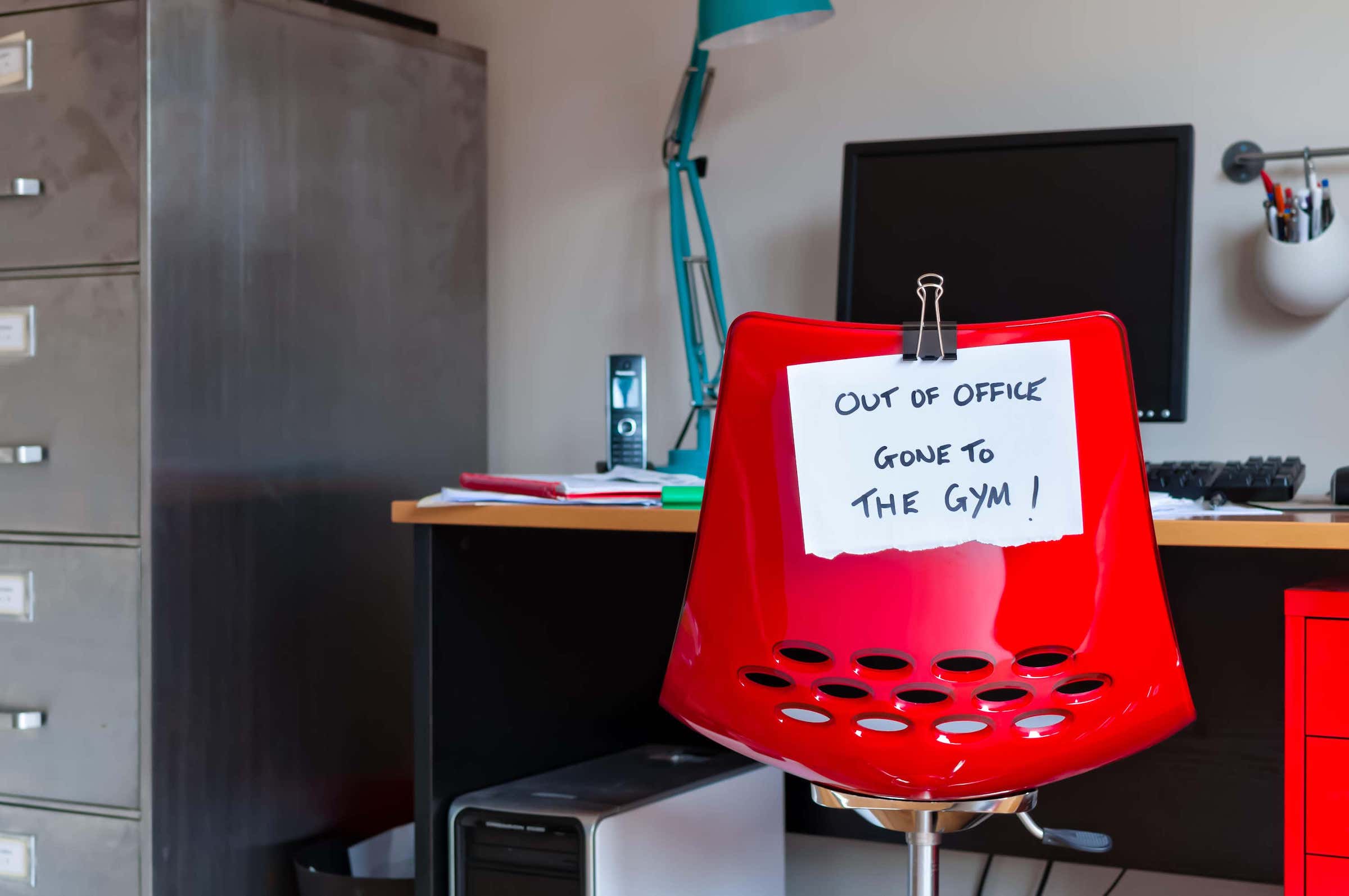In a potentially huge move for work-life balance, more workers in the UK are beginning to have a four-day week, earning 100% pay for 80% of the time.
More than 3,000 workers at 70 companies will begin a four-day week – in a six-month trial being organised by 4 Day Week Global in partnership with think tank Autonomy, the 4 Day Week UK Campaign, and researchers at Cambridge University, Oxford University and Boston College.
The question is: will it really be the move to promote health and wellbeing that campaigners and workers so desperately want? Or will we just have less time to do the same amount of work?
More time for you
Jeremy Snape, founder of performance consultancy Sporting Edge, says: “If the workplace and its culture can truly support a four-day working week, then there shouldn’t be any expectation – self-imposed or otherwise – to catch up or get ahead with that extra day.”

Instead, he believes a four-day week would give us more time for other beneficial things – perhaps time “to take on exercise classes, outdoor activities, long weekend breaks, the chance to reconnect with family and friends, work on community projects, or maybe help elderly relatives”.
Snape suggests more time outside of the office could give us “the perspective of having different identities in life, rather than just seeing ‘who we are’ as ‘what we do’ for a job.
“Working four days gives us three days to focus on the other areas of our personal portfolio,” he adds. “The extra days off give us time to reflect on who we are and invest time in projects we’re passionate about. I think this may take time though, as we need to break our addiction to work.”
Rest and recuperation
Snap says “the primary benefit of the four-day working week is more balance between the cortisol fuelled fight and flight mode, and the rest and digest mode.
With a greater sense of autonomy over our time and life, our emotional wellbeing is given more space and time to develop and thrive.” In other words, managing stress might be easier.
The pandemic has made it tougher for some people to maintain a healthy work-life balance, particularly if you’re still working from home. For example, it’s often not as easy to ‘clock off’ if you’re not physically leaving your workplace, potentially leaving less time to recover from a busy work week.
“With a slower pace of life, we’re given the time to manage ourselves more efficiently,” says Snape. “More autonomy over our lives gives us the chance to take control and manage stress on our own terms. Self-care can emerge, rather than feeling we’re on a relentless hamster wheel of work.”
Other possible benefits have been cited too, such as lower childcare costs for working families.
What about the downsides?
Not everybody thinks it’s the be-all-and-end-all though, and there are some concerns about potential negative impact of a four-day working week – for both productivity and wellbeing. This includes the suggestion that some people might find it more stressful to fit in all their work into four days.
Paula Allen, global leader and senior vice-president of research and total wellbeing at LifeWorks (lifeworks.com), agrees “the pandemic has forced us to look again at employee wellbeing” – however, she’s not convinced a four-day week is necessarily the answer.

“Some say it addresses the wrong issues,” says Allen. “When we surveyed 2,000 UK workers in our LifeWorks Mental Health Index this month about their wellbeing, Brits actually prioritised having flexible working schedules and freedom in where they work, rather than simply reduced hours.
“Reducing the working week is not an end in itself. Employers must recognise the landscape has shifted, and not lose sight of less radical proposals in the meantime.”





